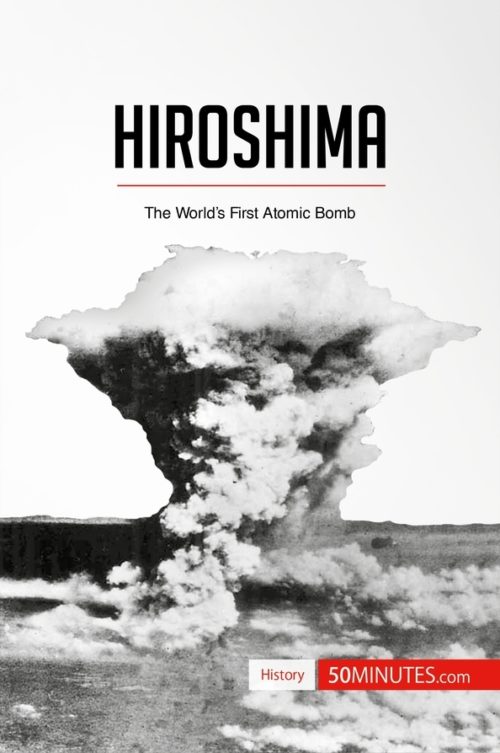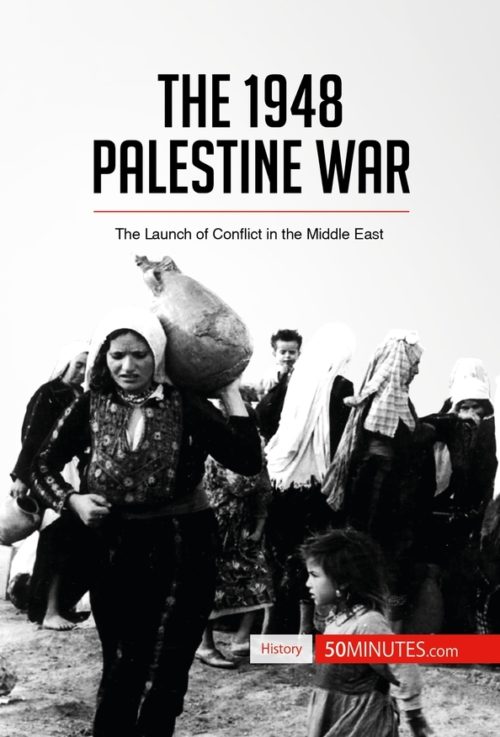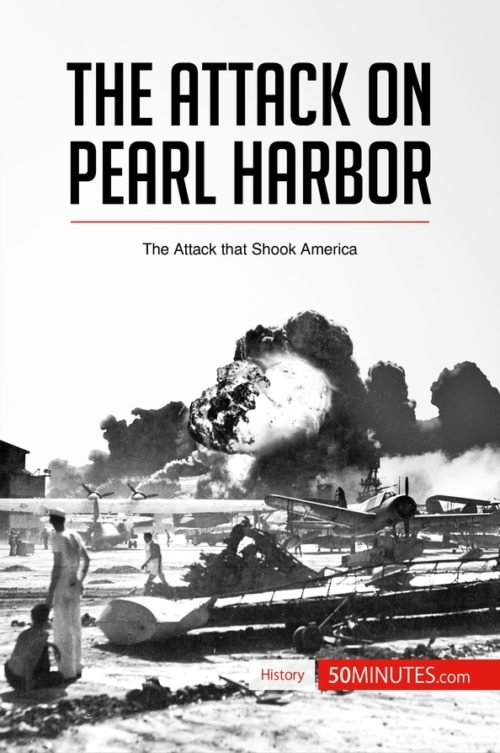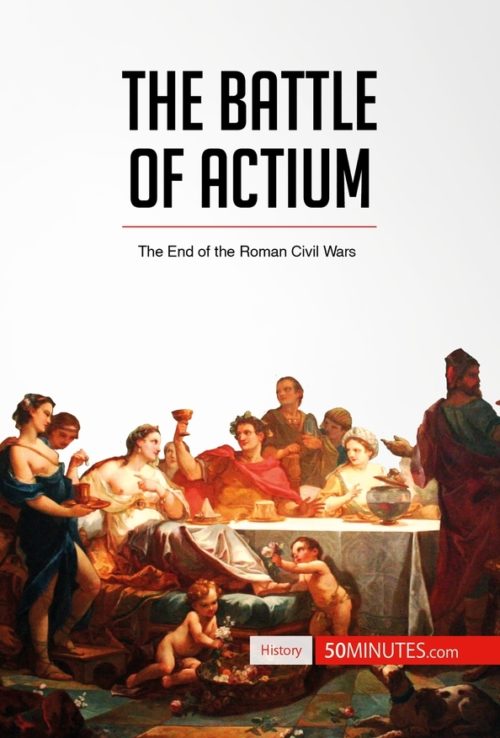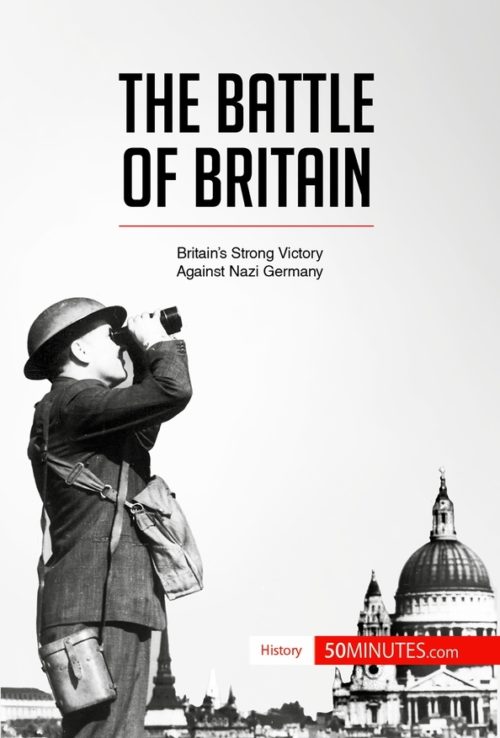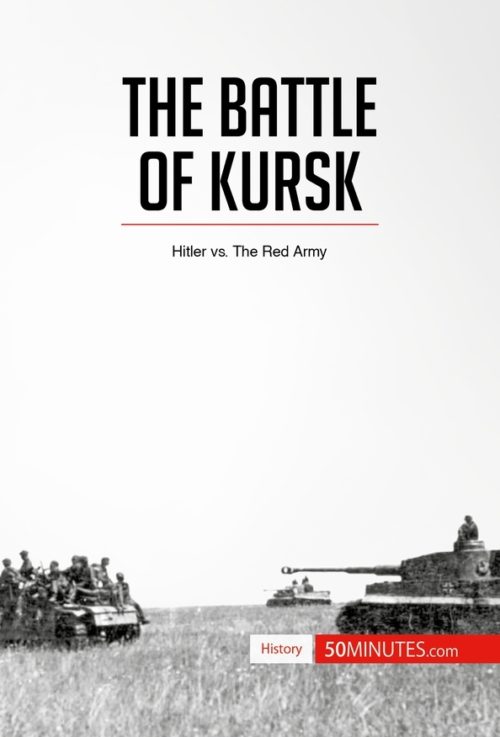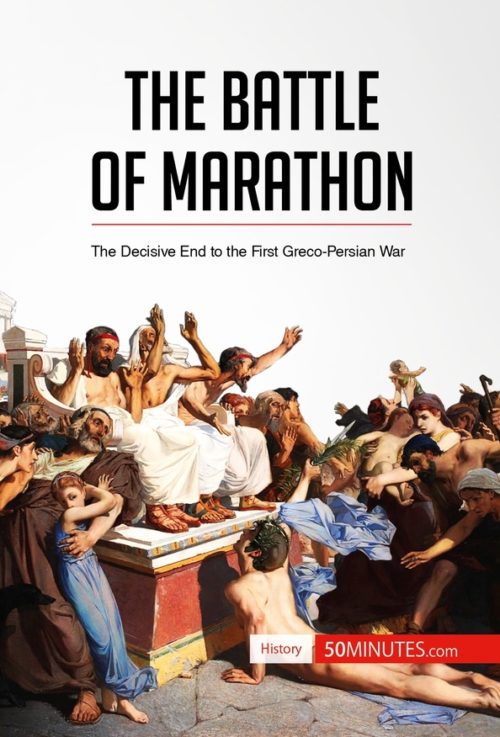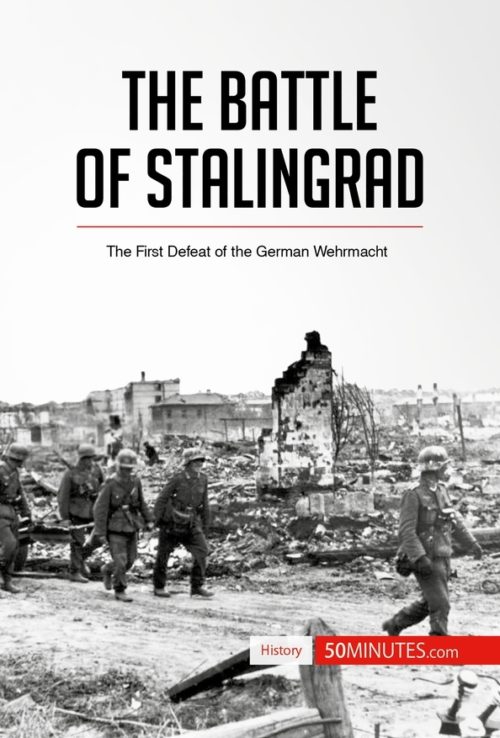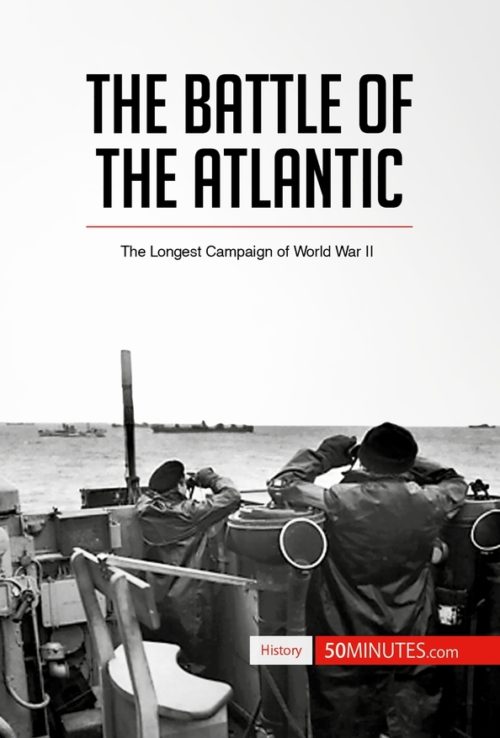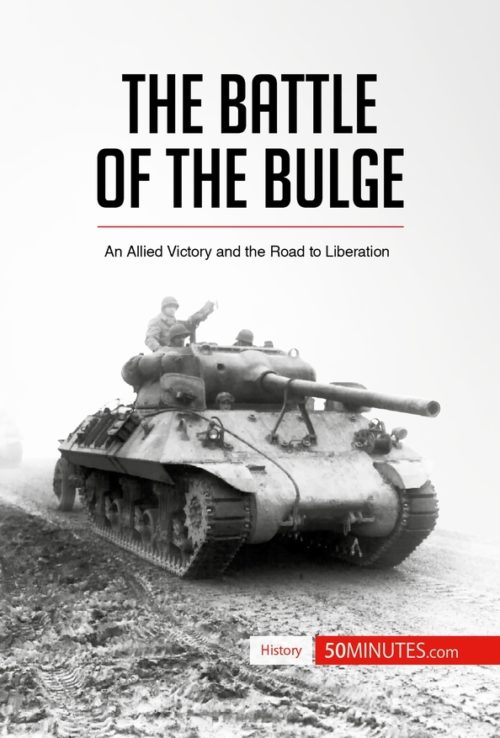The Algerian-born French writer and thinker Albert Camus remains one of the most important French authors of the 20th century. Often associated with existentialism (although he did not fully identify with this philosophical movement), he was also a courageous activist and social critic, speaking out against totalitarianism in all its forms and fighting for justice and equality for all. In...
Read more
-
On 6 August 1945, the world's first atomic bomb was dropped on the Japanese city of Hiroshima. The second bomb followed days later, hitting Nagasaki on 9 August 1945. The attacks caused the complete destruction of two major Japanese cities, brought about the immediate surrender of Japan and the end of the Second World War, and led to the beginning of the...
Read more -
Napoleon Bonaparte was a military and political leader and Emperor of the French from 1804 to 1814. He steered France through a time of intense internal and external conflict and took part in decisive military engagements such as the Battle of Austerlitz. Besides his military campaigns throughout Europe, he also established civil institutions which exist in France to this day, such...
Read more -
The 1948 Palestine War, known in Hebrew as the War of Independence, is essential for understanding the Arab-Israeli conflict and the political situation in the modern Middle East. It was the first in a long series of conflicts between Jews and Arabs in the region, and tensions between the two groups persist today. Indeed, civil war broke out after the...
Read more -
The Attack on Pearl Harbor on 7 December 1941 is one of the most famous events of the Second World War. Led by the Japanese admiral Isoroku Yamamoto, the offensive caused the USA to join the Allies in their fight against the Germans, the Italians and the Japanese. In just 50 minutes, you will find out how this brutal attack played...
Read more -
Thirteen years after the assassination of Julius Caesar, the Battle of Actium put an end to a long period of internal strife in the Roman Republic. It involved some of the most famous leaders in history: Octavius, who went on to become the first Roman emperor, Mark Antony, a firm supporter of Julius Caesar, and his lover Cleopatra, Queen of Egypt. The...
Read more -
The Battle of Britain was the most colossal air combat in history, pitting the forces of Nazi Germany against Great Britain, which by that point stood alone in Europe, its allies having already been beaten down by Adolf Hitler's forces. The battle took place in the autumn of 1940, at an early stage in the Second World War. The stakes could not...
Read more -
The Battle of Kursk was one of the major clashes between German and Soviet troops during the Second World War and one of the most important tank battles in history. Having launched Operation Barbarossa to invade the USSR in 1941, the Nazis sought to regain the initiative on the Eastern Front with this new offensive in the summer of 1943. However, the Red Army was...
Read more -
The Battle of Marathon in 490 BC brought the first Greco-Persian War to a close and put a stop to the Persian king Darius I's attempt to extend his hegemony to the Aegean Sea and mainland Greece. Thanks to the courage and fighting skills of the Greek hoplites, who risked their lives to defend their land and maintain their independence, the Persian...
Read more -
The Battle of Stalingrad was one of the major battles of the Second World War, and saw the German Wehrmacht and Stalin's Red Army fight savagely, often in close quarters, for control of the city. The combat also involved civilians and was unprecedented in its scale; the Battle of Stalingrad is now widely regarded as one of the largest and bloodiest battles in history. It marked...
Read more -
The Battle of the Atlantic was the longest campaign of the Second World War, and mobilized extraordinary numbers of men and material on both the Allied and Axis sides. The battle was of major strategic significance: control of the seas would have allowed the Germans to bring Britain to its knees by preventing it from receiving supplies from the USA and its...
Read more -
The Battle of the Bulge began in late 1944 with the last major German offensive of the Second World War. Following the Normandy landings earlier that year, the German army was in a weakened state, so this offensive was an attempt to cripple the Allied armies by dividing them and cutting off their supplies. Although the Allies were initially caught by...
Read more

